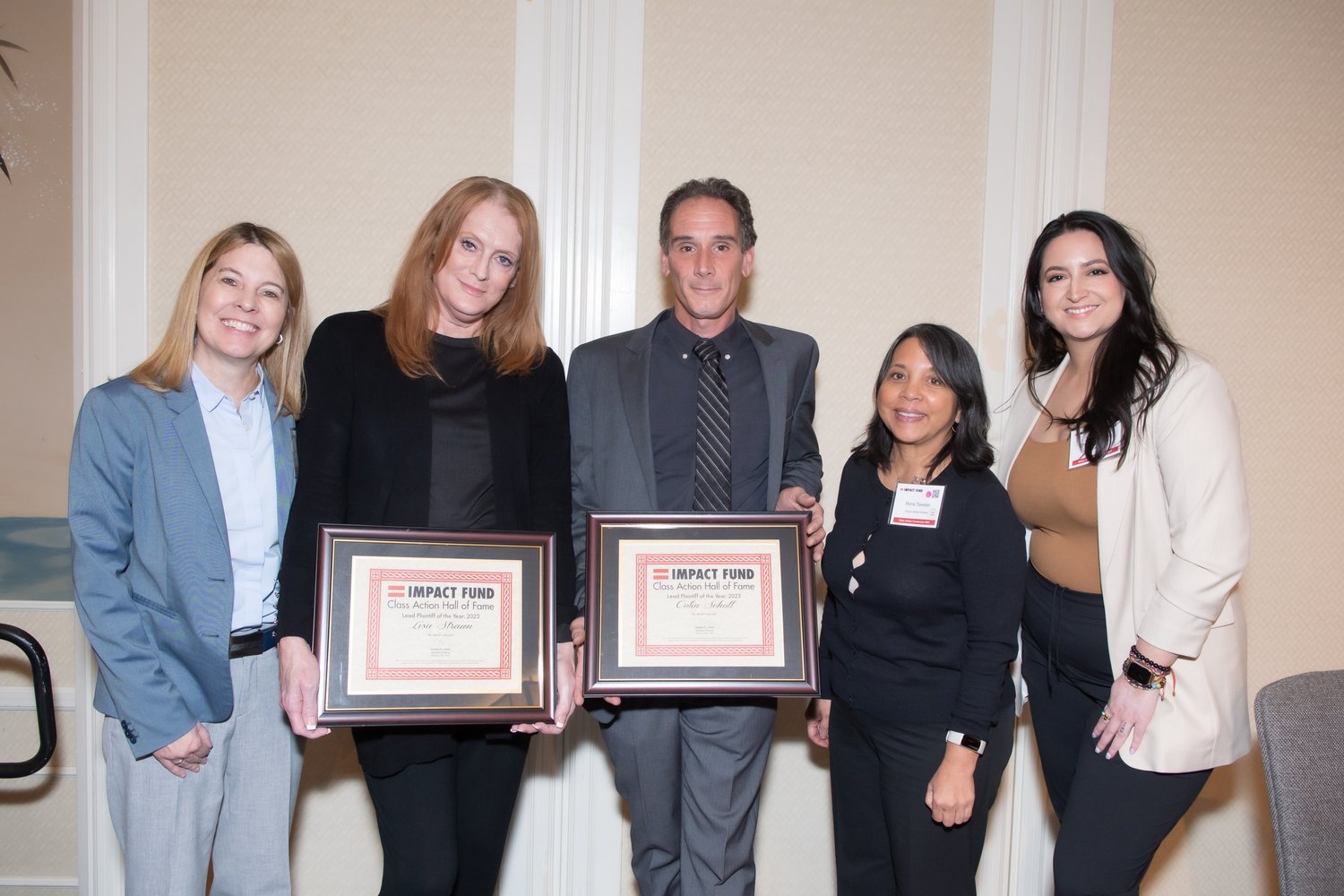
When the court sided with the plaintiffs, it created a ripple that far transcended even the significant monetary impacts. “When we won, it gave everyone tremendous hope, said plaintiff Colin Scholl. “The court’s ruling meant that we had rights, that we were people with rights that had to be respected. It also gave us money that we needed. He added, “We were going to be able to educate ourselves, to prepare for release, to help our families, to send our kids birthday presents, to send my mother money to help pay for telephone calls, to buy new underwear so I didn’t have to keep sewing the ones I had, to buy toothpaste and deodorant.”
“Our dreams and aspirations were to finally have the necessities we needed and the opportunity for more, to be able to finish a correspondence course, to make a contribution in a deceased parent’s name to a charity, to pay off a bill to get our diplomas. Other people wanted to pay for family and conjugal visits, which you couldn’t have without paying for food, cleaning, etc. Some people dreamed of buying their kids presents after years of not being able to. Everybody’s dreams were the same as people on the outside,” added Mr. Scholl.
Plaintiff Lisa Strawn noted the restorative impacts of the case: “This ruling was historic for so many families, not just incarcerated people and their families but for victims of crimes of which incarcerated people owed restitution to these families.” She also noted the significance of the case to her own successful return to life outside the prison walls: “This case personally impacted me because for the first time in my life I was able to have my own place to live.”
[1] California was one of several states that lost at least 500 incarcerated people to COVID in 2020.
[2] Over 400,000 class members resided in California alone, with about 130,000 in its 33 overcrowded prisons and camps, roughly 75,000 in county jails, 15,000 in federal prisons in the state, and approximately 200,000 on parole/probation.

Felecia Phillips Ollie DD (h.c.) is the inspiring leader and founder of The Equality Network LLC (TEN). With a background in coaching, travel, and a career in news, Felecia brings a unique perspective to promoting diversity and inclusion. Holding a Bachelor’s Degree in English/Communications, she is passionate about creating a more inclusive future. From graduating from Mississippi Valley State University to leading initiatives like the Washington State Department of Ecology’s Equal Employment Opportunity Program, Felecia is dedicated to making a positive impact. Join her journey on our blog as she shares insights and leads the charge for equity through The Equality Network.




